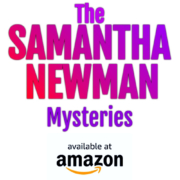Just Be Professional
Every once in a while I like to revisit one of my articles that I believe has a timeless message. If I had a superpower and could change the world I would fight against bullying.
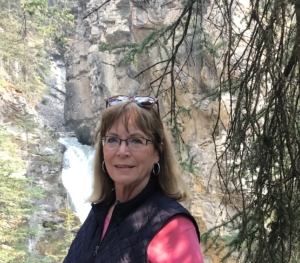 By Donnell Ann Bell
By Donnell Ann Bell
Years ago, I had the opportunity to participate in my local sheriff’s office citizens’ academy. After sitting through six weeks of law enforcement opinion and demonstration, I believe the experience brought realism to my writing. Out of all the personnel I met during this time, there was one sergeant who impressed me above anyone else. Her words still resonate with me to this day.
Just be professional, it’s not that hard.
Sadly, I can’t remember her name, but I took note of her words. She was a beautiful Hispanic woman and when she stood before the class and explained that she worked in the jail—unarmed—among male inmates, I thought, Holy cow, this lady won’t live long. My mistake. She’d worked among them for years. What’s more, she was required to turn her back on this criminal element— often.
For anyone who’s been in a jail, you know there’s intense security and surveillance, and the deputies can call upon immediate assistance. But knowing this didn’t make me feel better. I kept thinking she could be injured or dead before help could arrive.
Turns out she hadn’t made sergeant for nothing and understood the risks. What’s more, she carried herself with amazing grace and an even more amazing sense of who she was. She didn’t look tough on the outside, but as she called one six-foot naysayer to the front and brought him down with such ease, she filled me with a whole new appreciation and respect for who she was and what she did for a living.
After she dropped my classmate to his knees, she modestly helped him up and shook his hand. Then she turned to the class and said, “Just be professional, it’s not that hard.”
She also went on to explain that as a Hispanic female charged with watching over incarcerated inmates, it oftentimes presented problems. Particularly, when many of those inmates were Hispanic and grew up in households in which men did not take orders from women. So not only did the sergeant face an authority issue, she encountered a cultural barrier.

Source: Daniel Vanderkin, Pixabay
How did she handle it? By treating everyone with respect. “Those men don’t know me,” she said. “Their slurs and insults can’t reach me. When my shift ends I go home to my family whose opinions do count.”
So why do I tell you this story? Because today I’m seeing exactly what she talked about — a reduction in professionalism. Worse, we are not inmates. I’m seeing dry wit replaced by so-called snark (I have another term for it). What’s more, this type of behavior is applauded. In an on-line society, where we are faceless individuals behind a computer screen, it’s so easy to react and push send and forget there’s a real live, flesh and blood human being on the other side.
I once heard a radio ad in which two actors portrayed school-aged girls, one of whom said the most horrible things to her peer. I sat back stunned. Then at the end of the message, the voice over said, “You wouldn’t say it to their face, why would you say it on line?”
I don’t know about you, but for anyone to even feel the need to air such a public service announcement made me incredibly sad. As for me, I think I’ll follow the sergeant’s example. I’ll take her words to heart. I’ll strive for professionalism. I learned from the very best that it’s not that hard.
About the Author: Donnell Ann Bell writes both romantic suspense and multi-jurisdictional task force plots, keeping close tabs on her theme SUSPENSE TOO CLOSE TO HOME. Her single-title romantic suspense novels, The Past Came Hunting, Deadly Recall, Betrayed, and Buried Agendas, have all been Amazon e-book best sellers.
Black Pearl, a Cold Case Suspense was her first mainstream suspense and book one of a series, and a Colorado Book Award finalist. Her second book in the series, Until Dead, A Cold Case Suspense, was voted best thriller in 2023 at the Imaginarium Conference in Louisville, Kentucky. Sign up for her newsletter or follow her blog at https://www.donnellannbell.com


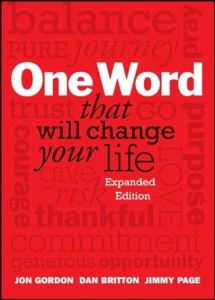
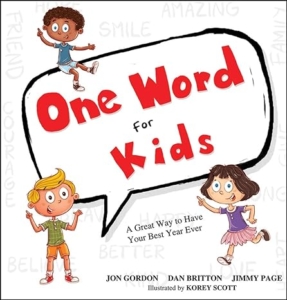
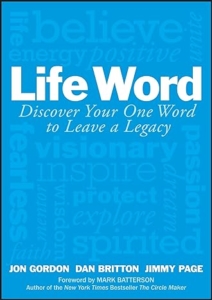
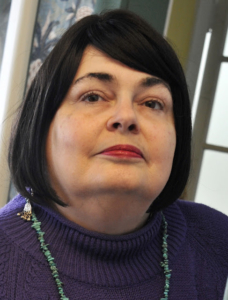 Following a Character into a Book by Linda Rodriguez
Following a Character into a Book by Linda Rodriguez
 There are lots of things to love about November. Cool, crisp mornings. Warm, cuddly clothes. A lovely fire in the hearth. And hints of cinnamon spice everywhere.
There are lots of things to love about November. Cool, crisp mornings. Warm, cuddly clothes. A lovely fire in the hearth. And hints of cinnamon spice everywhere.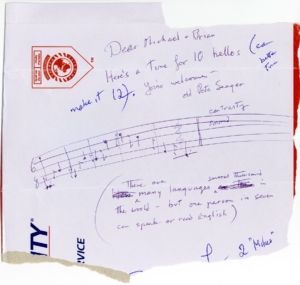
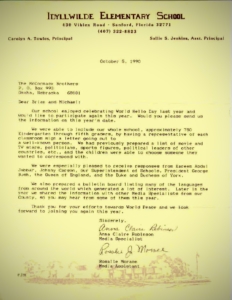 How to Celebrate
How to Celebrate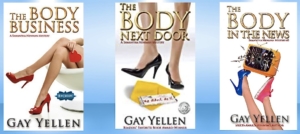
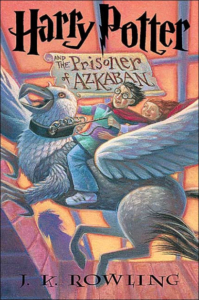
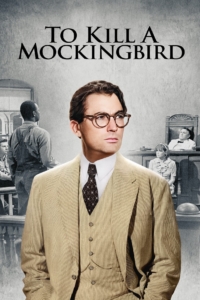
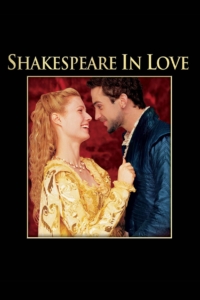
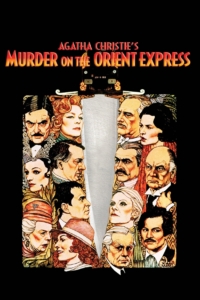
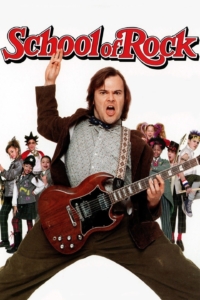
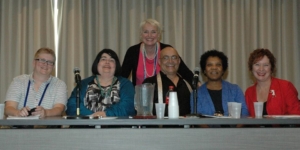 The Arts Are For Everyone! by Linda Rodriguez
The Arts Are For Everyone! by Linda Rodriguez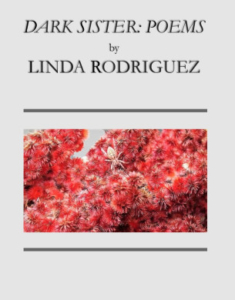




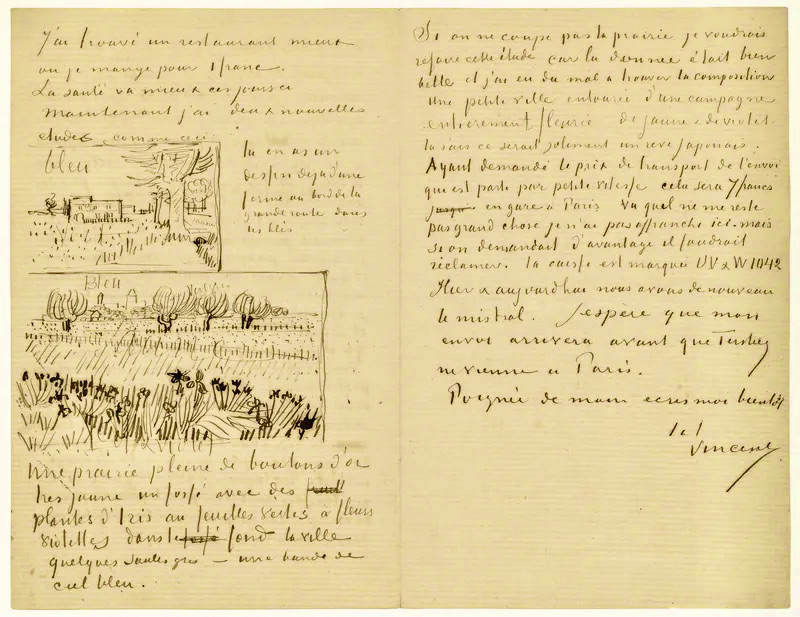
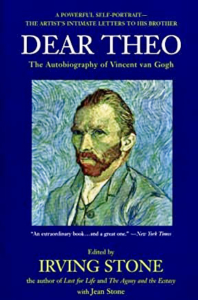 One mustn’t be afraid to do something wrong sometimes… You don’t know how paralyzing it is, the idiotic stare from a blank canvas that says you can’t do anything. Many painters are afraid of the blank canvas. But the blank canvas is afraid of the truly passionate painter who dares…
One mustn’t be afraid to do something wrong sometimes… You don’t know how paralyzing it is, the idiotic stare from a blank canvas that says you can’t do anything. Many painters are afraid of the blank canvas. But the blank canvas is afraid of the truly passionate painter who dares… 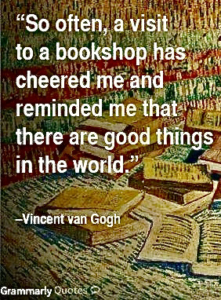 Did you know that Vincent was also a book lover? Here’s this: It is with the reading of books the same as with looking at art. One should, with assurance, admire what is beautiful.
Did you know that Vincent was also a book lover? Here’s this: It is with the reading of books the same as with looking at art. One should, with assurance, admire what is beautiful.